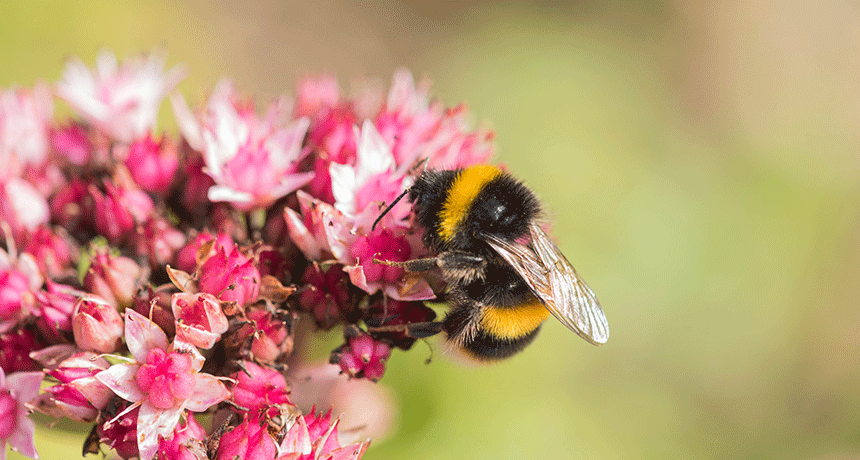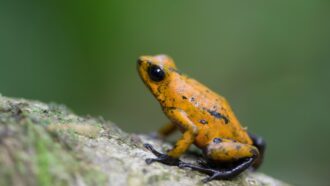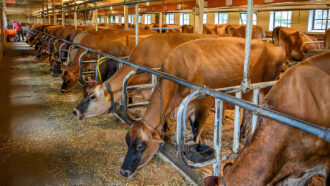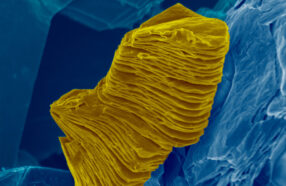air pressure The force exerted by the weight of air molecules.
elevation The height or altitude at which something exists.
gradient From the word “grade,” it describes the incline, slope or degree of increase in some measure (such as temperature, pressure or even color) that develops as one moves in time, position or along some scale.
molecule An electrically neutral group of atoms that represents the smallest possible amount of a chemical compound. Molecules can be made of single types of atoms or of different types. For example, the oxygen in the air is made of two oxygen atoms (O2), but water is made of two hydrogen atoms and one oxygen atom (H2O).
pollinator Something that carries pollen, a plant’s male reproductive cells, to the female parts of a flower, allowing fertilization. Many pollinators are insects such as bees.
pressure Force applied uniformly over a surface, measured as force per unit of area.
sea An ocean (or region that is part of an ocean). Unlike lakes and streams, seawater — or ocean water — is salty.
sea level The overall level of the ocean over the entire globe when all tides and other short-term changes are averaged out.








